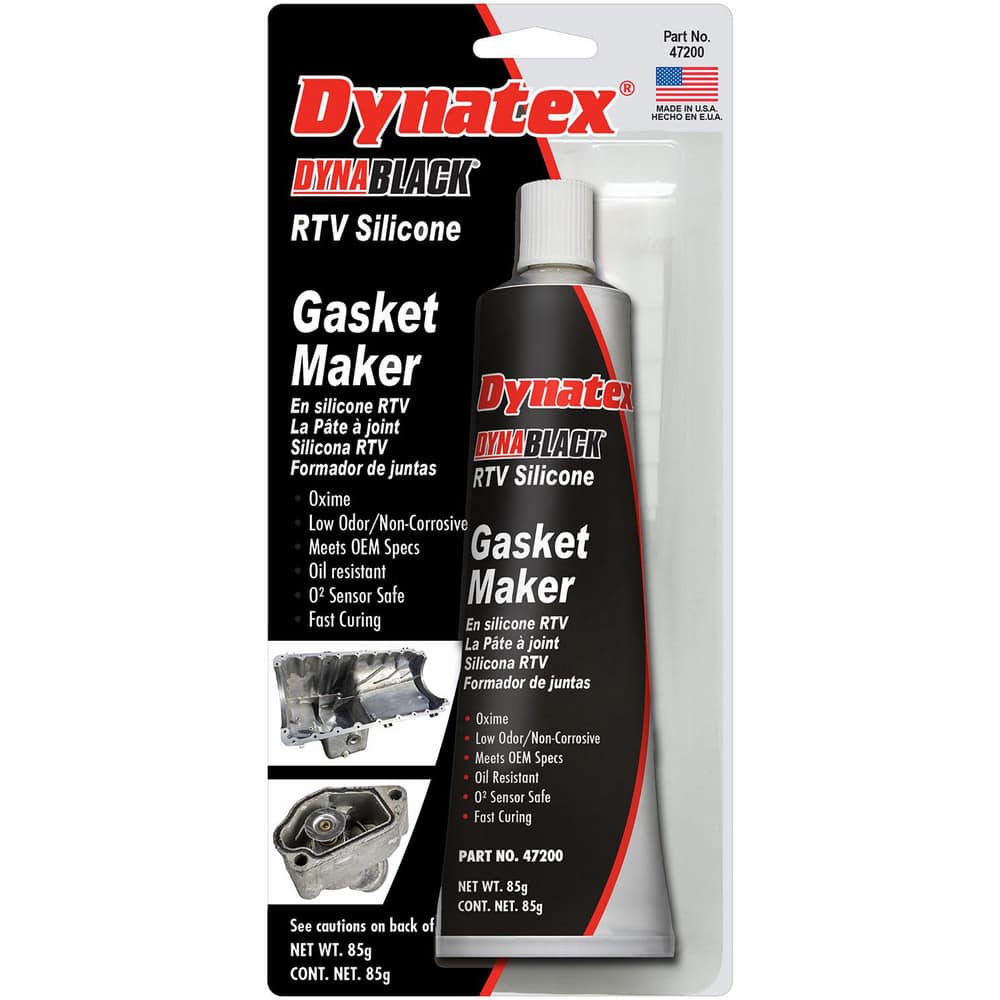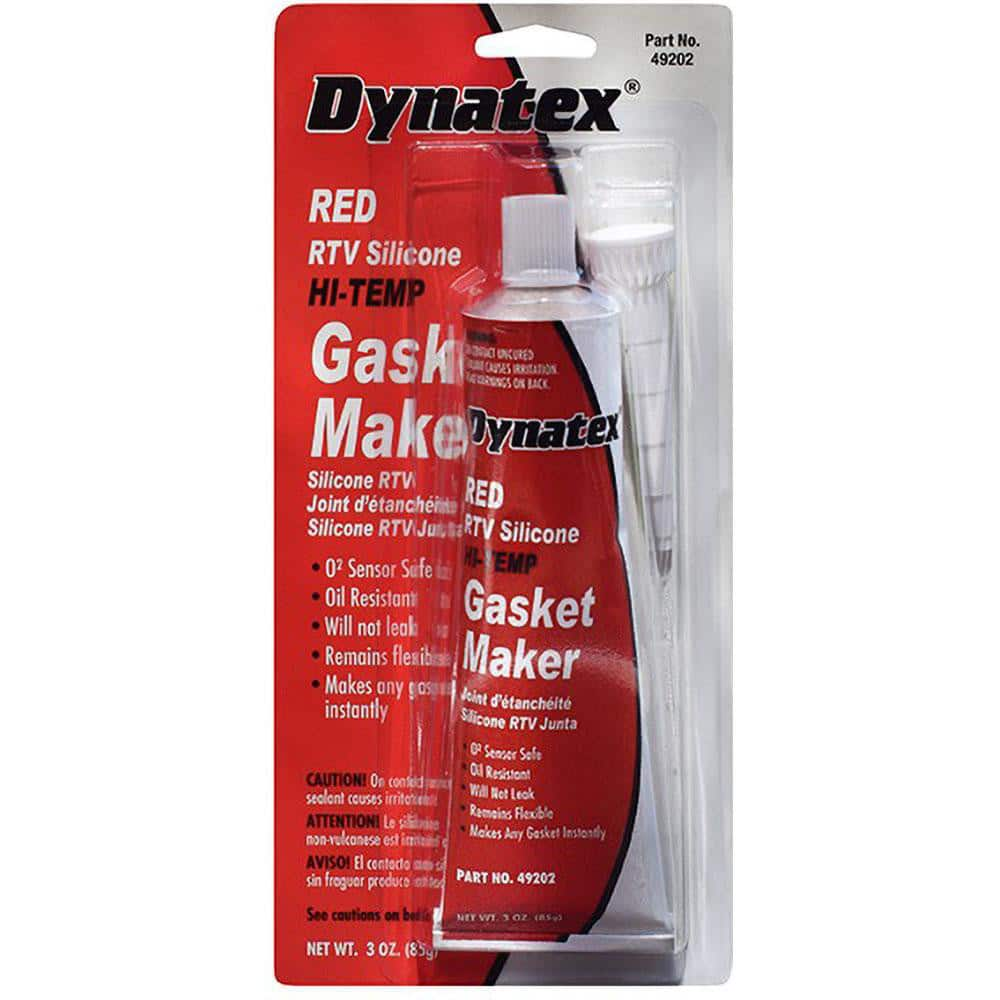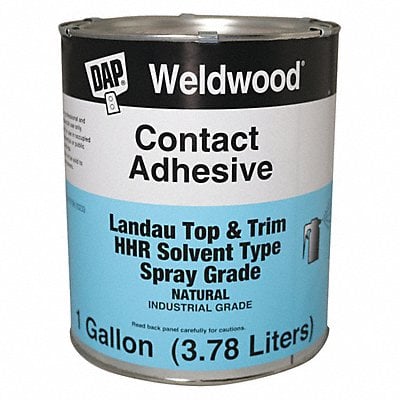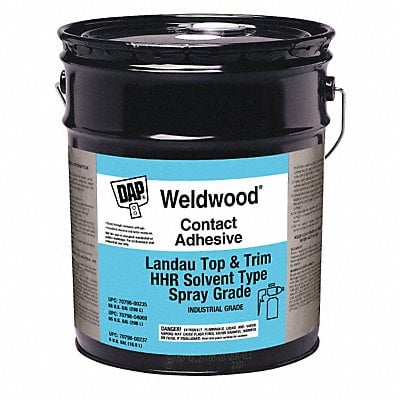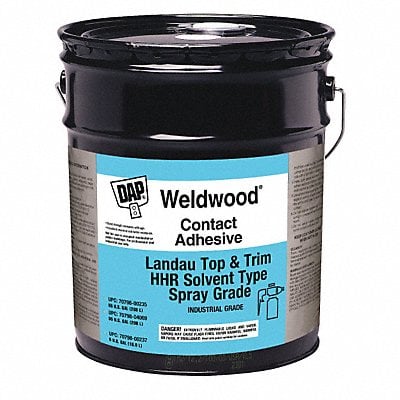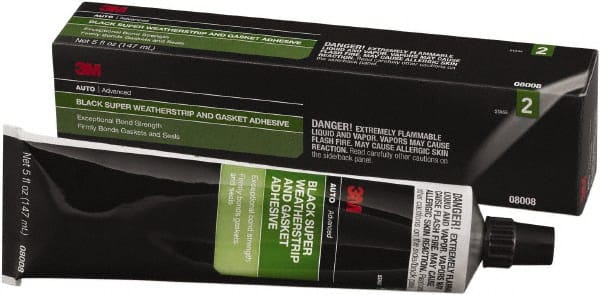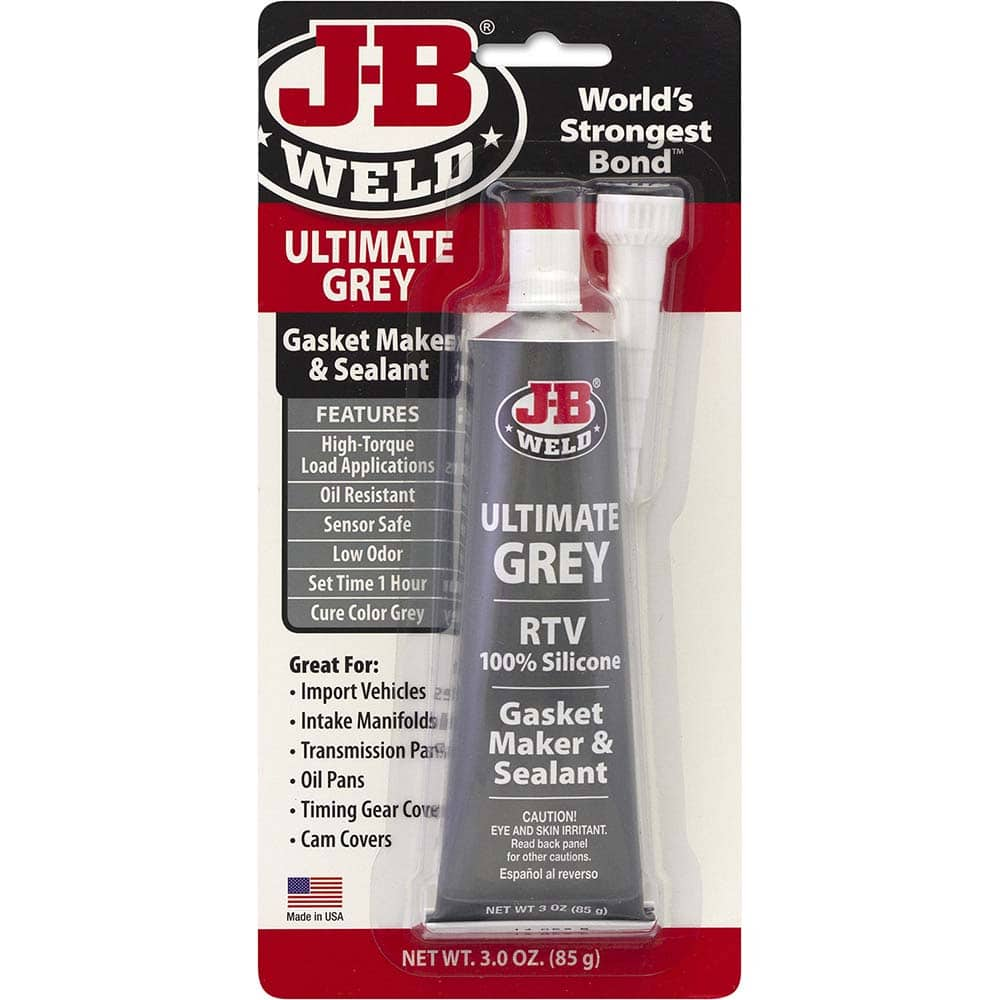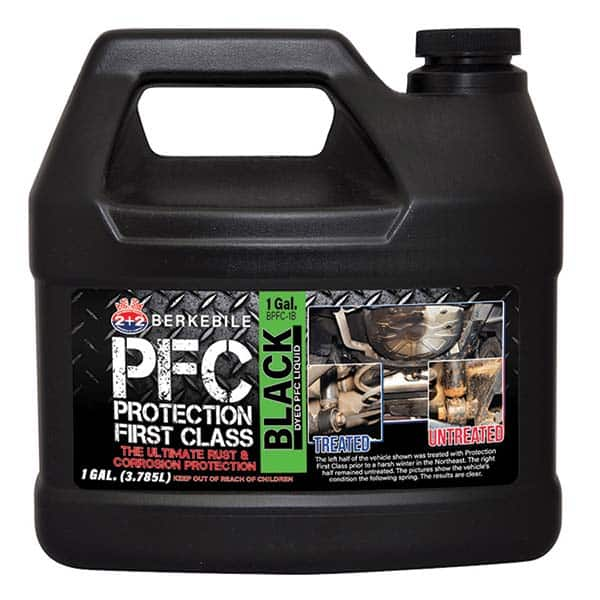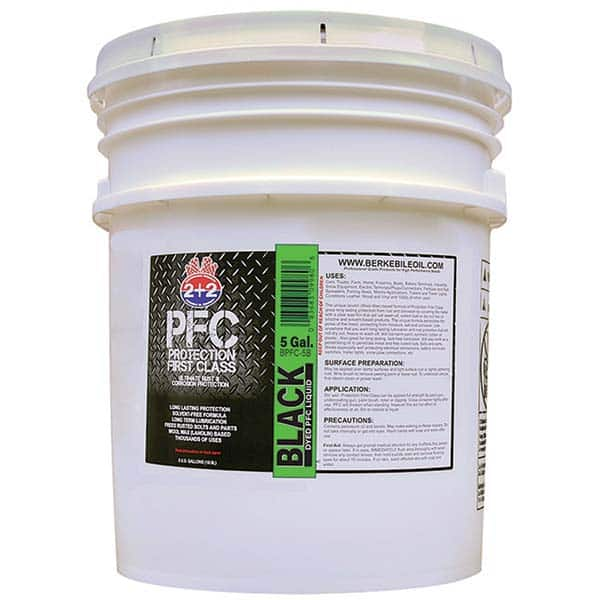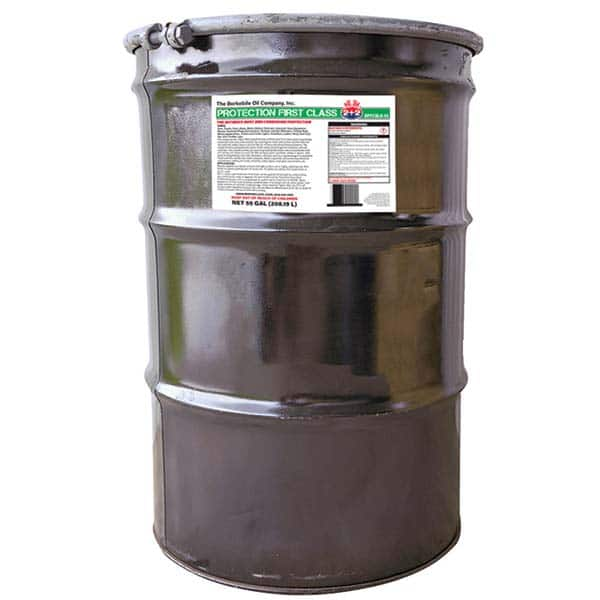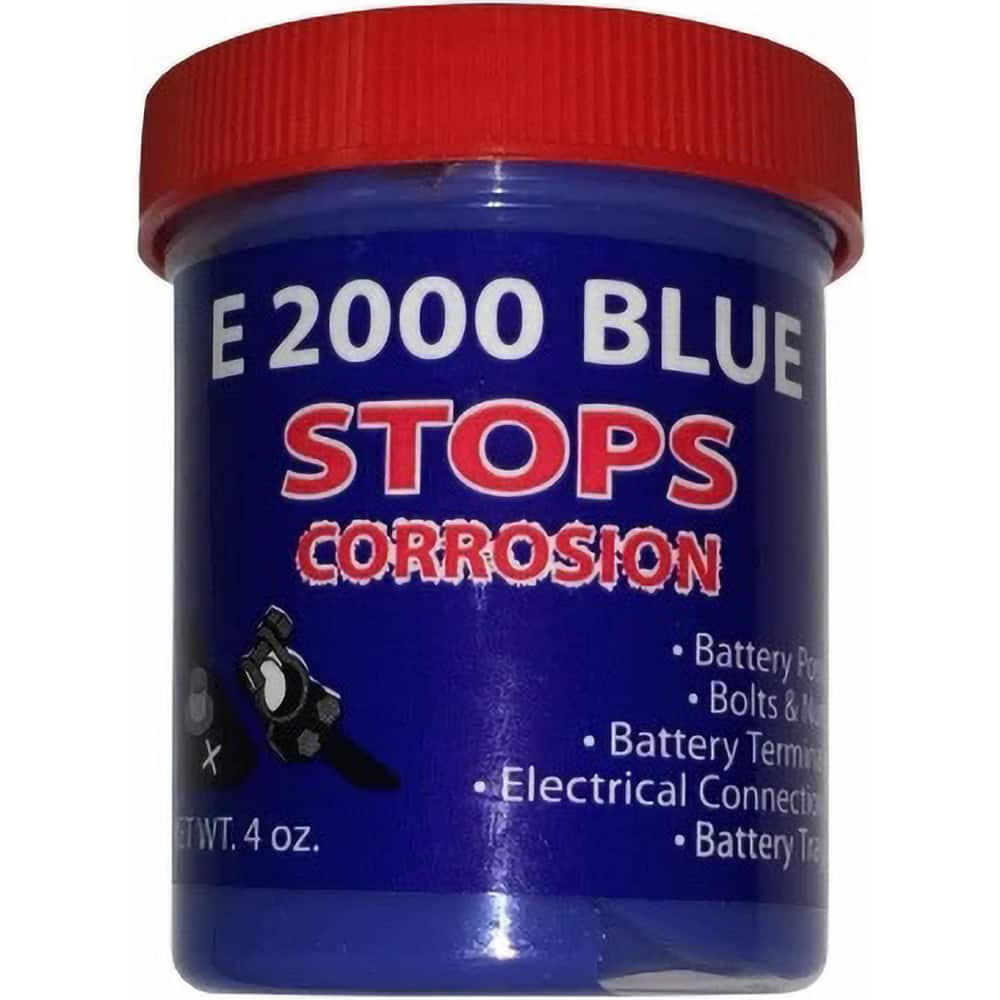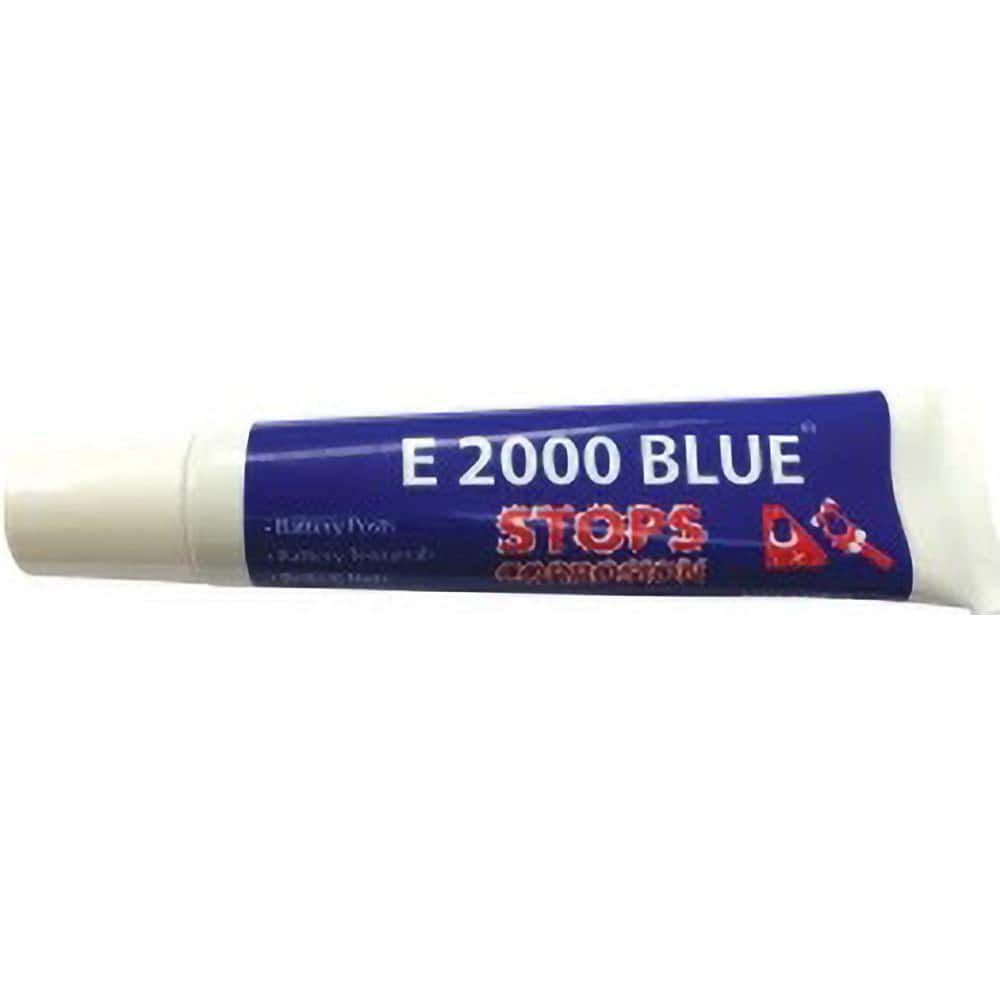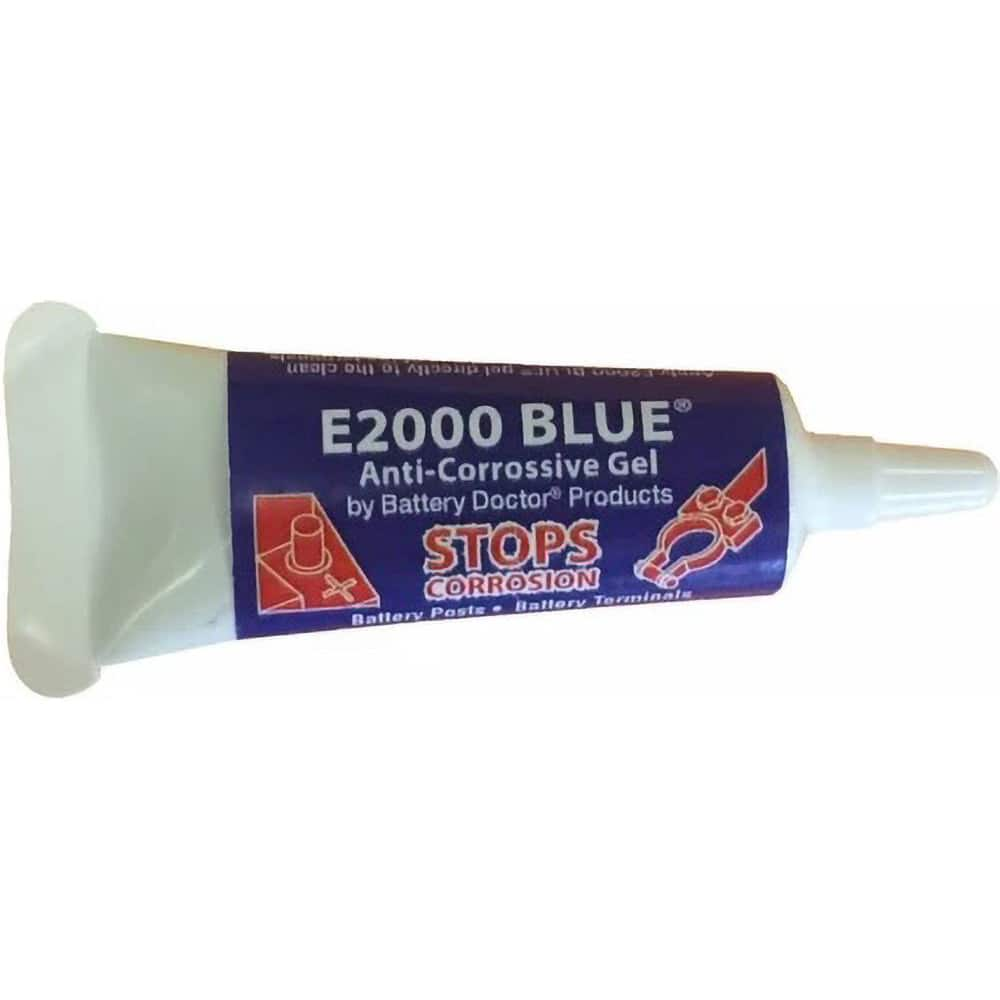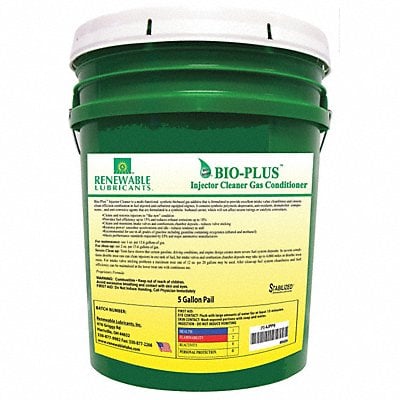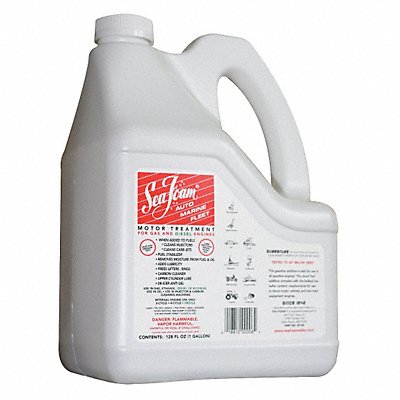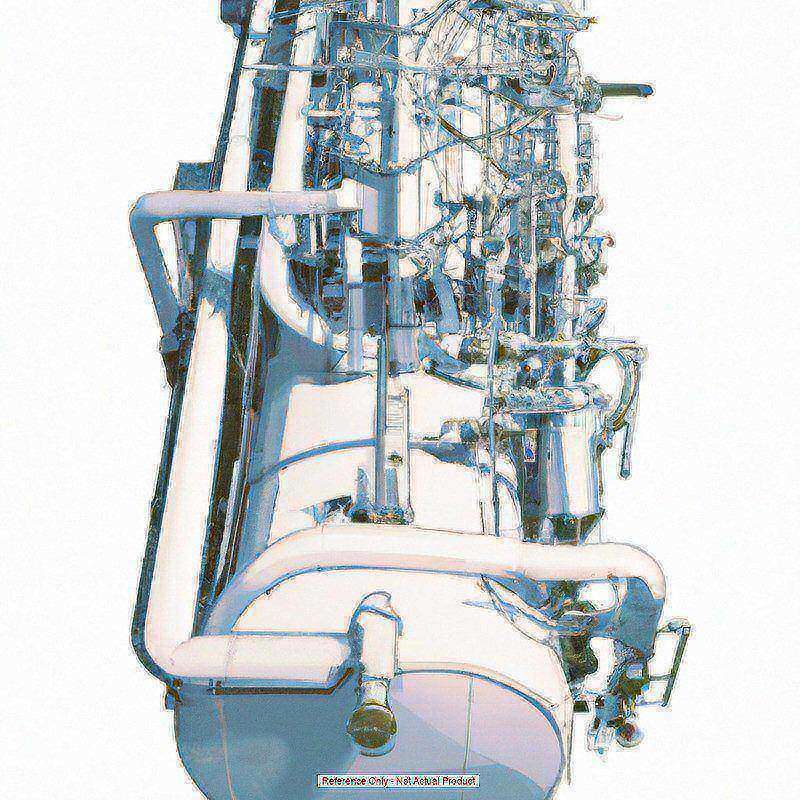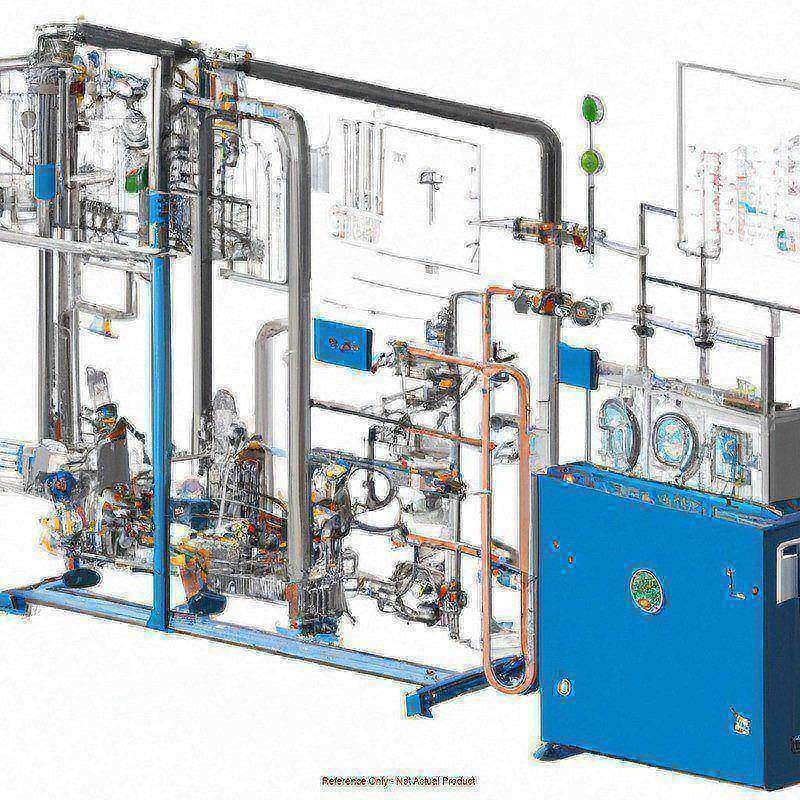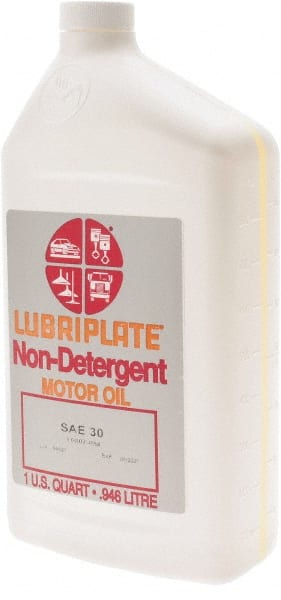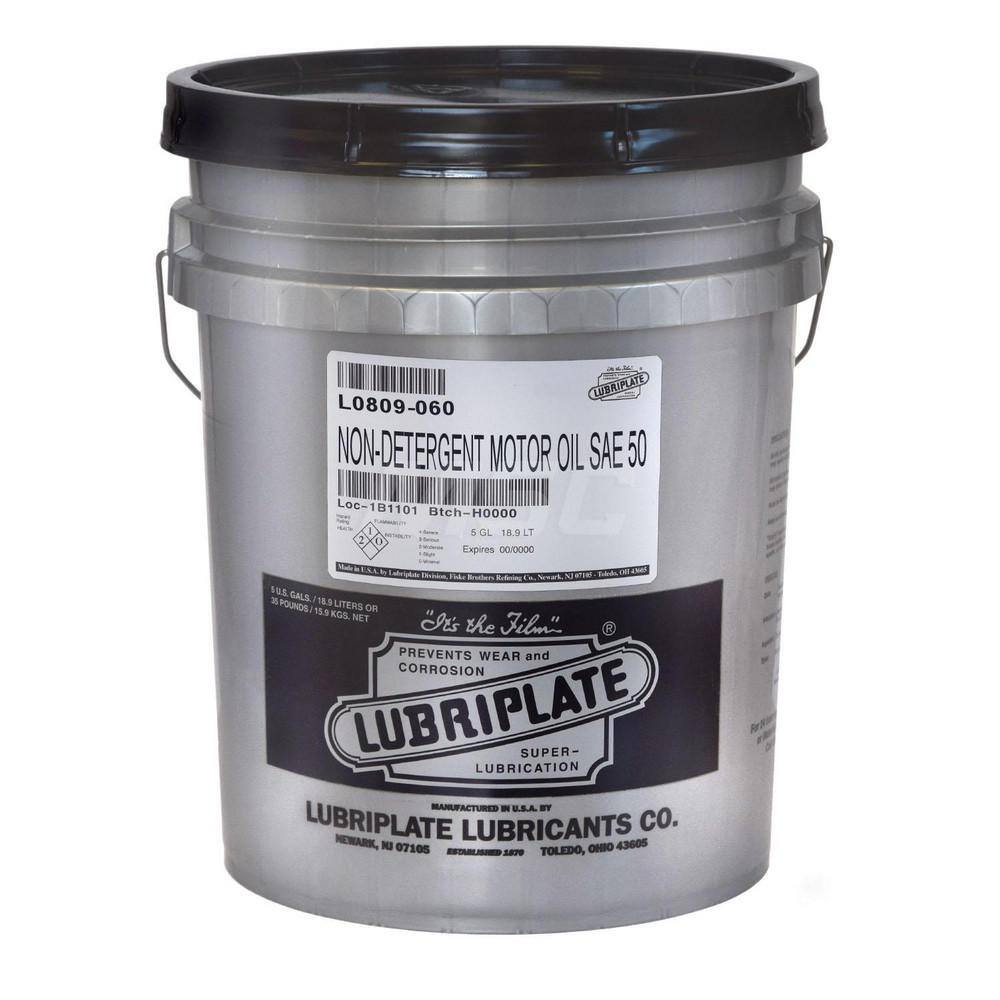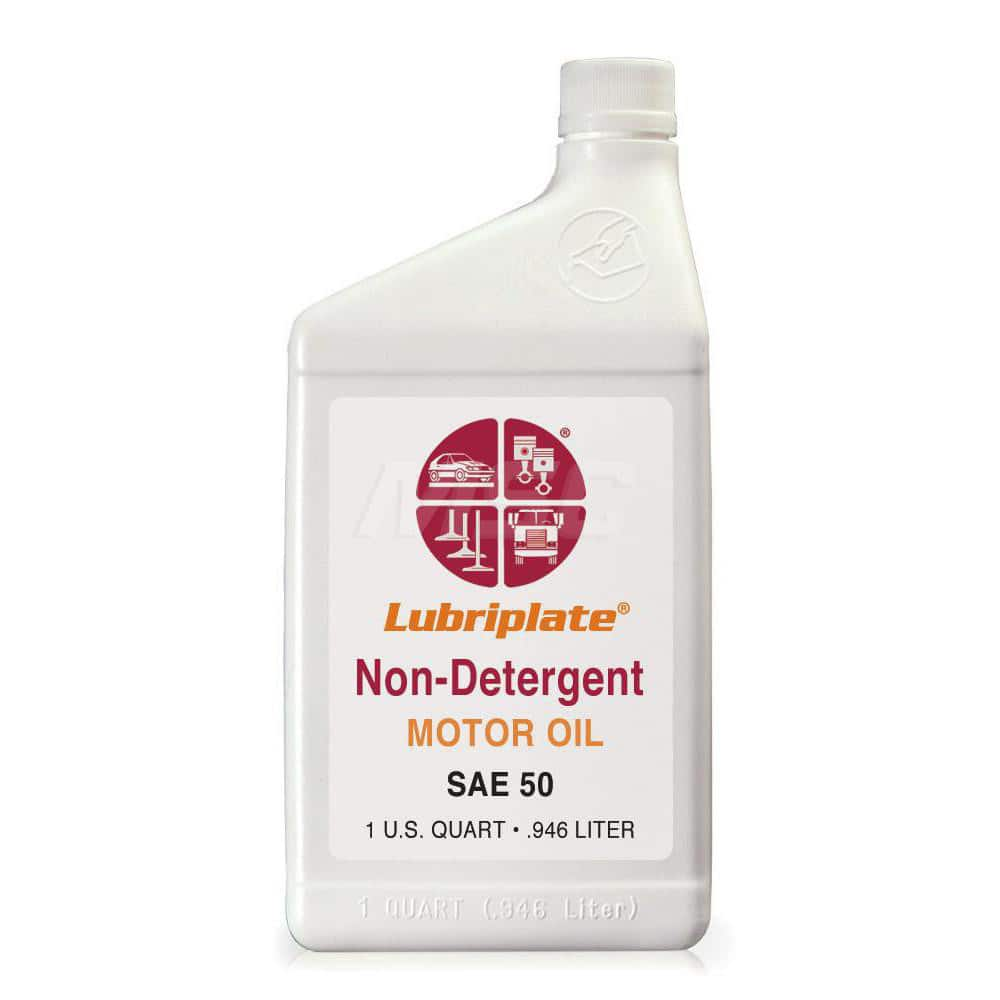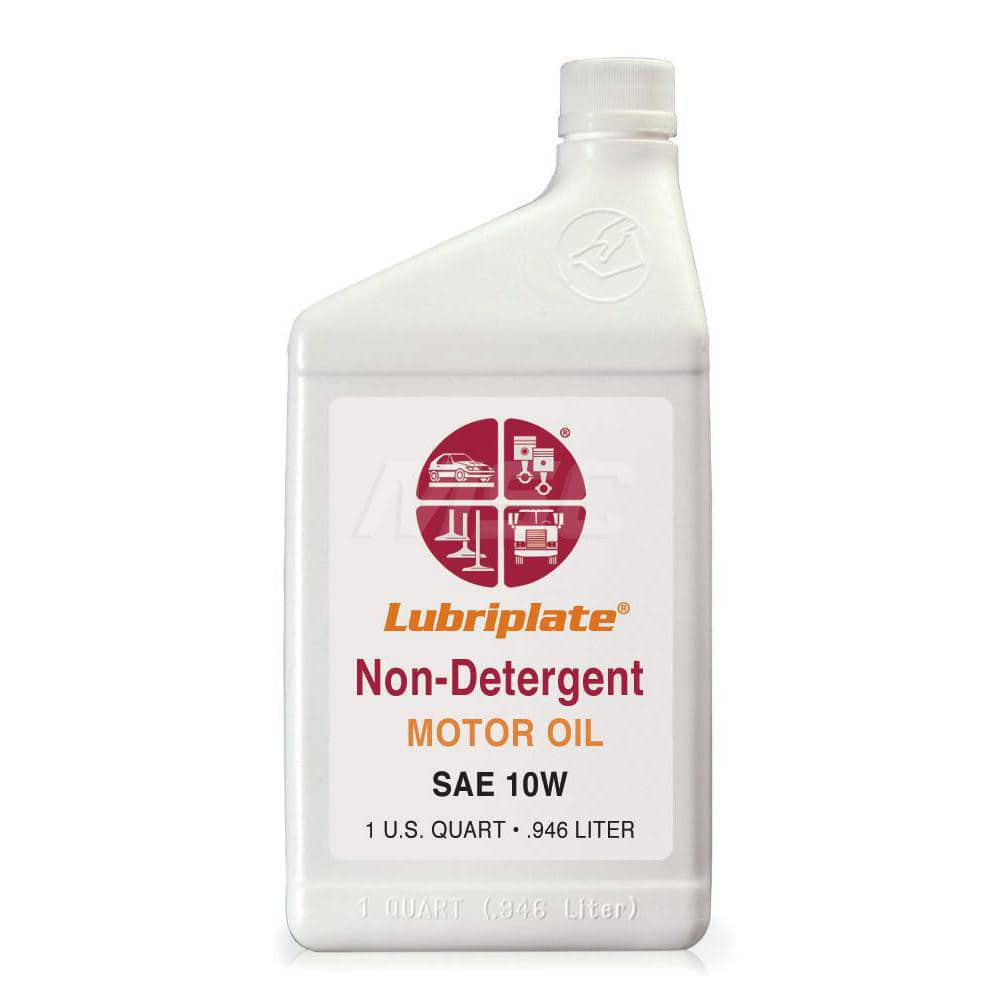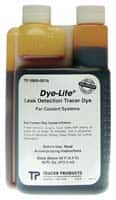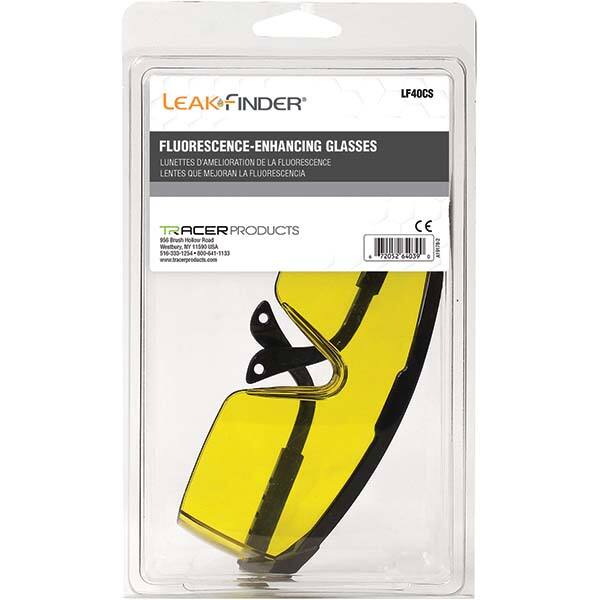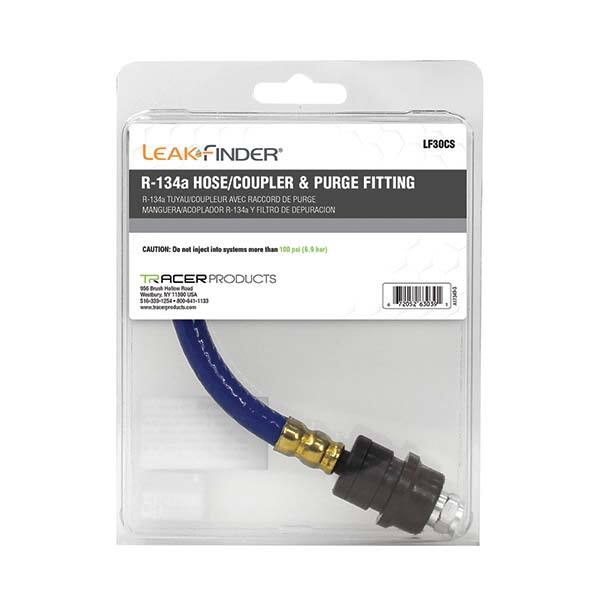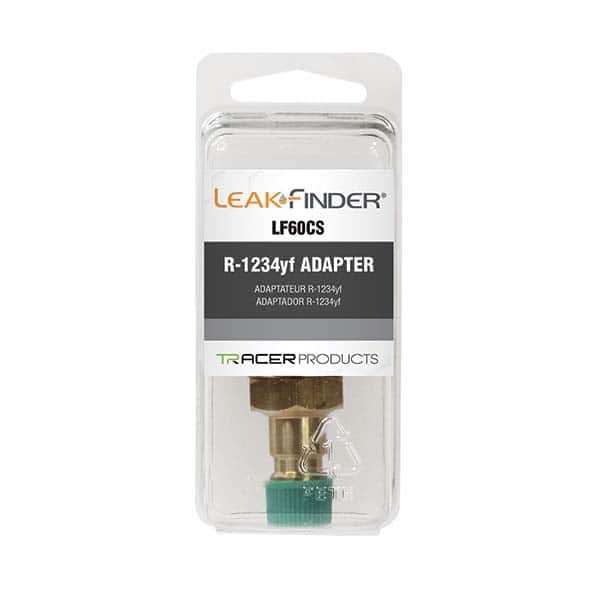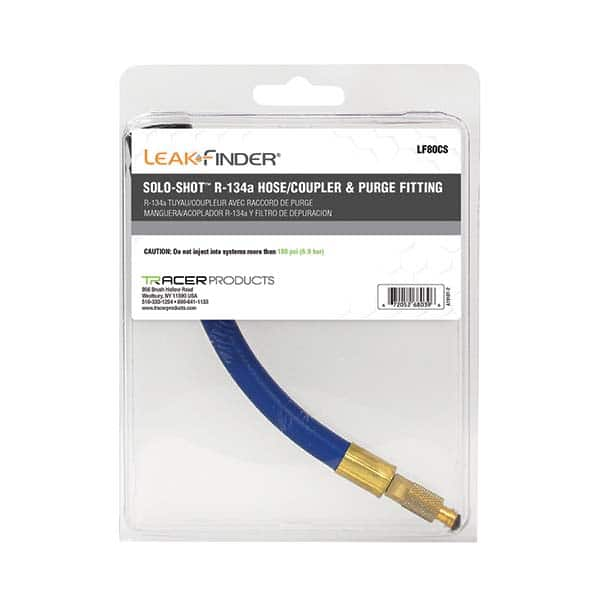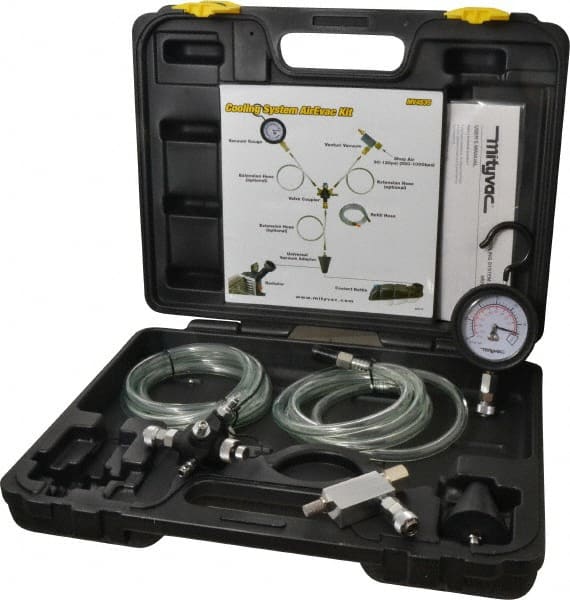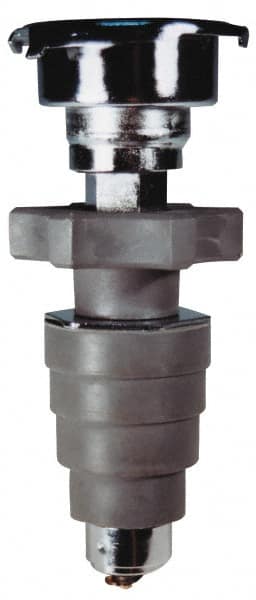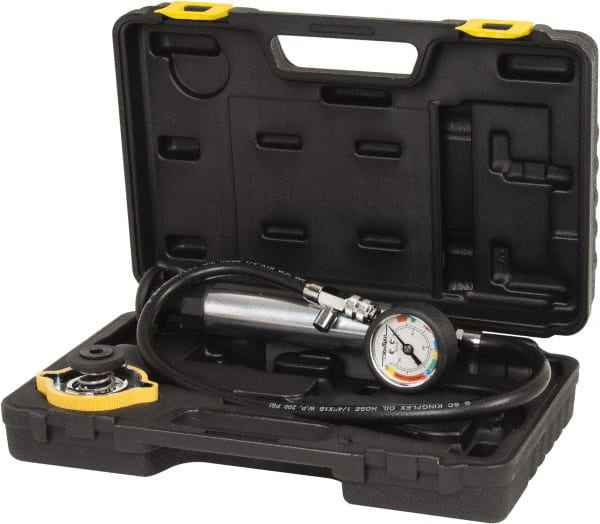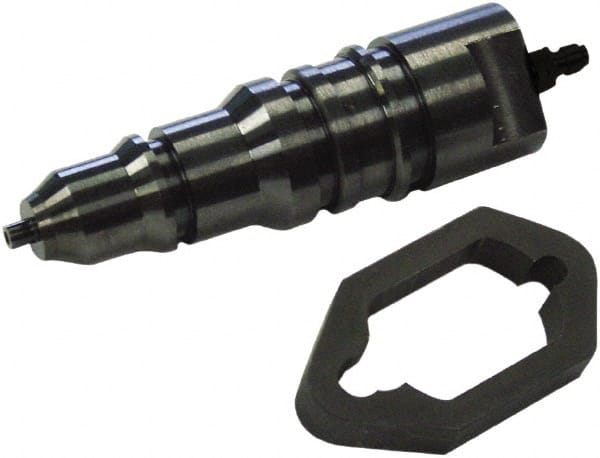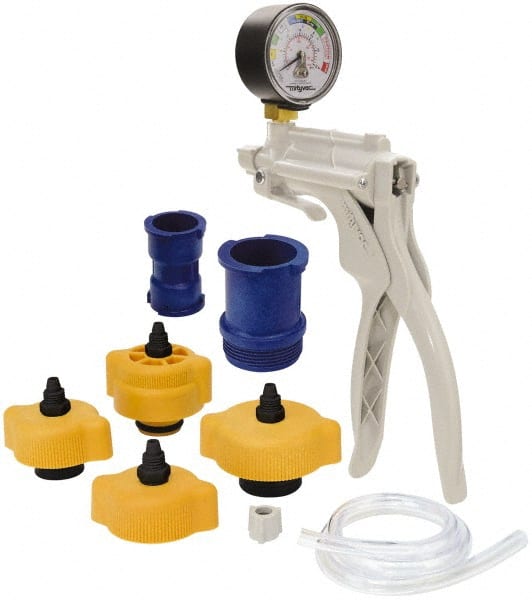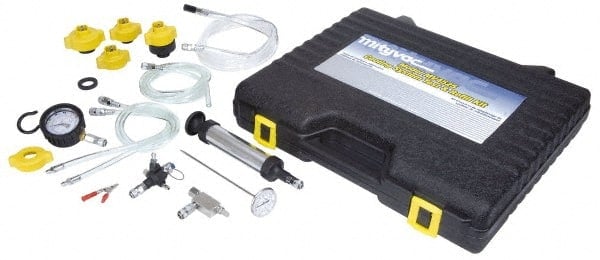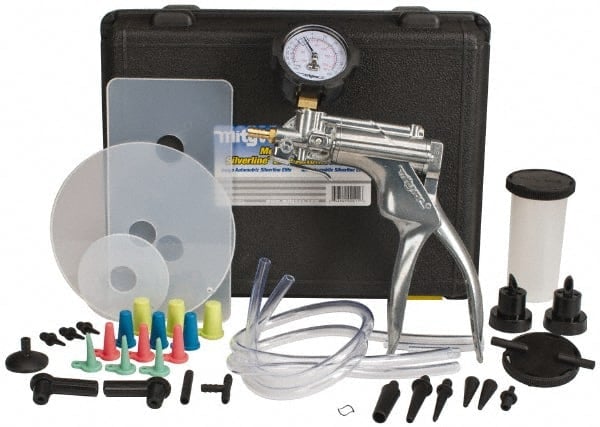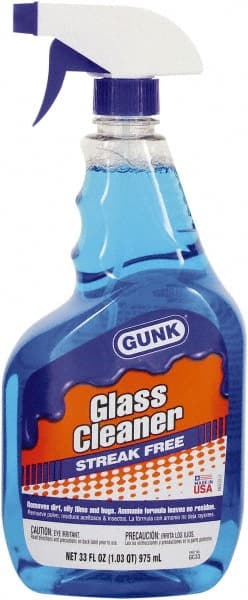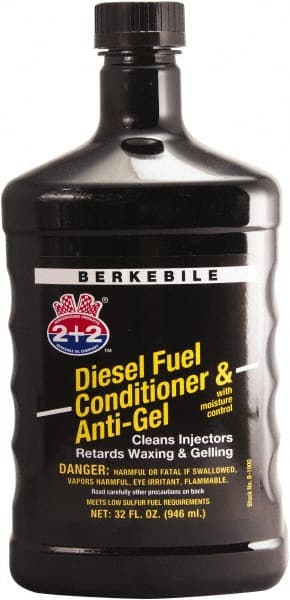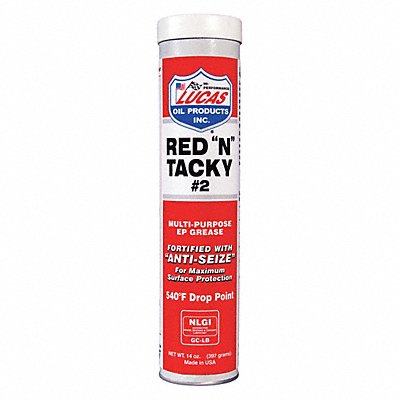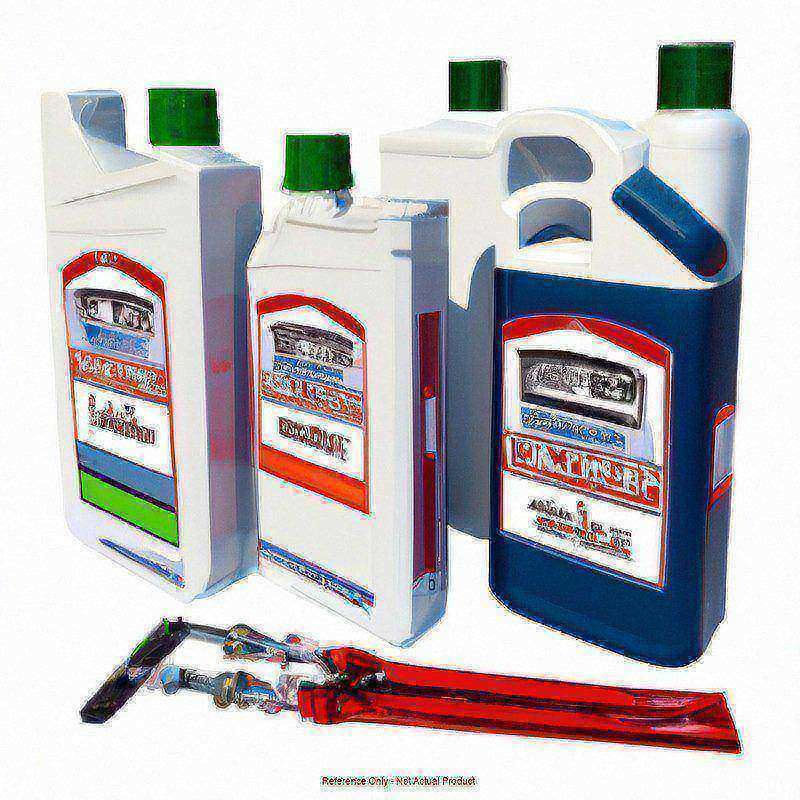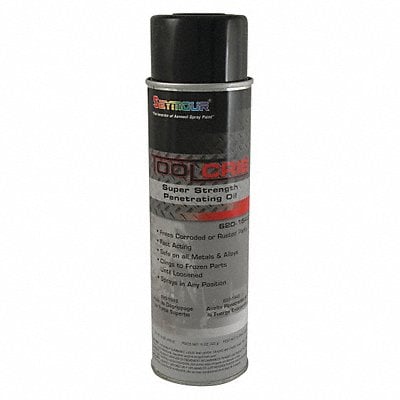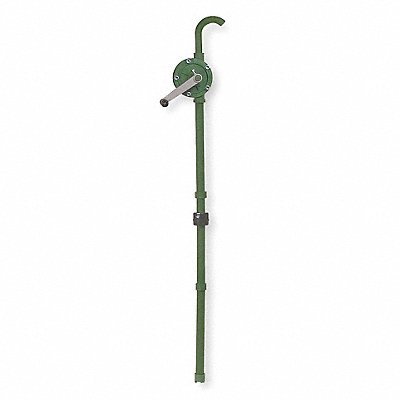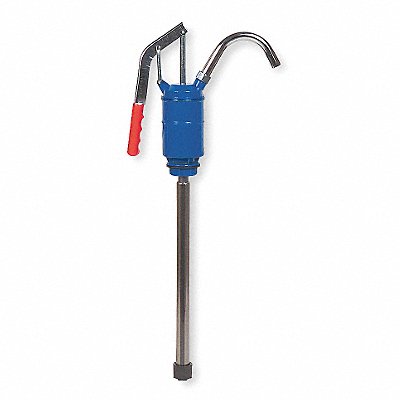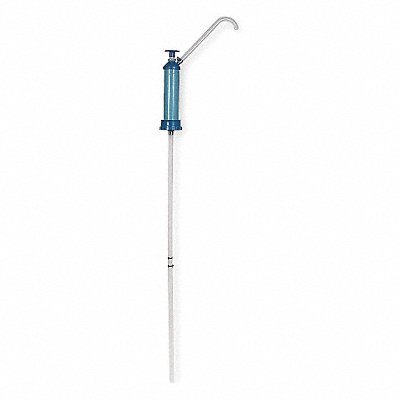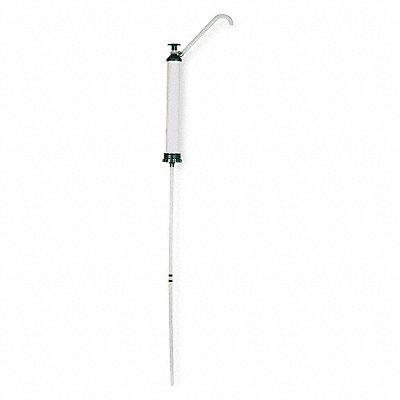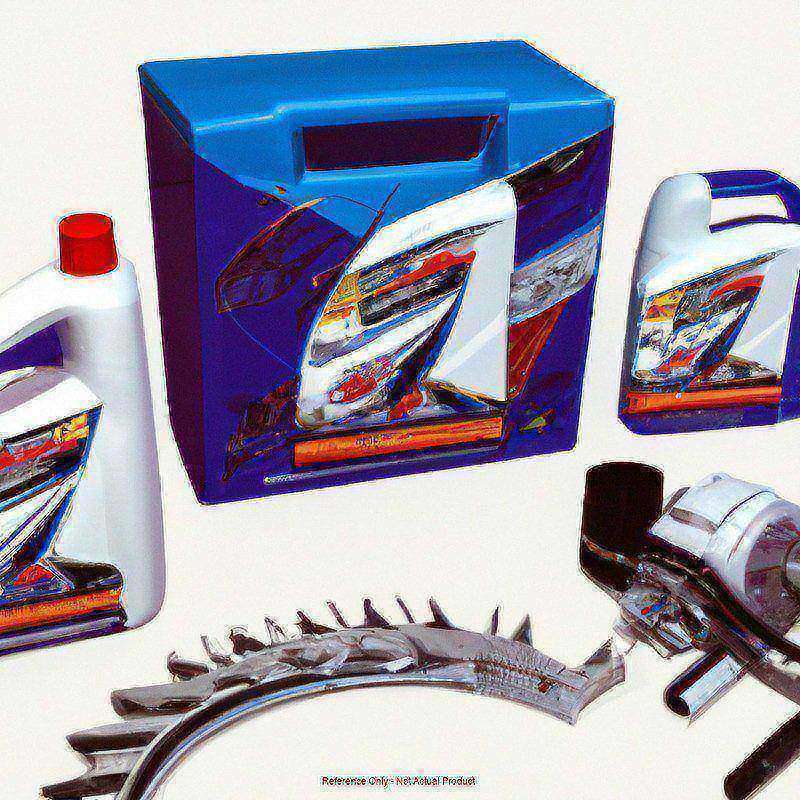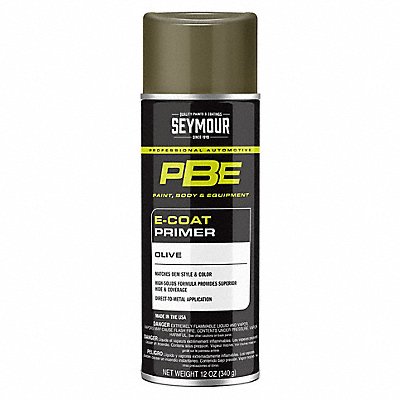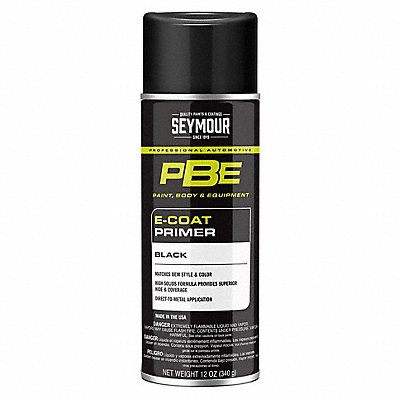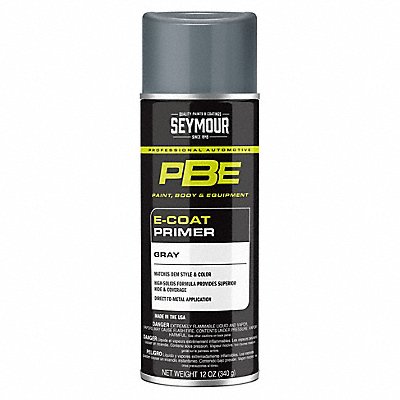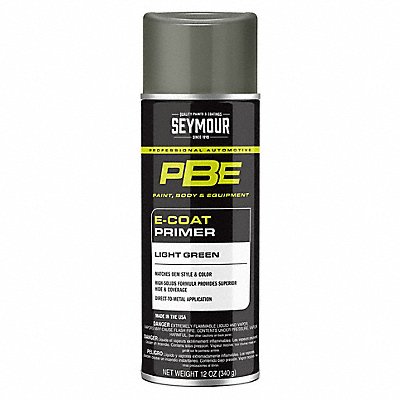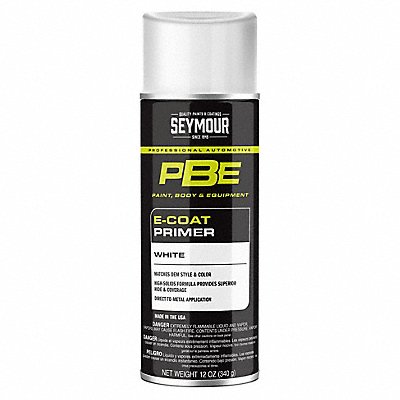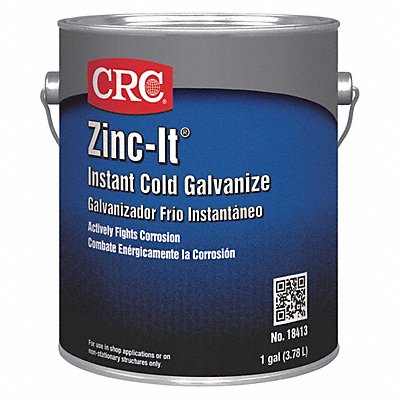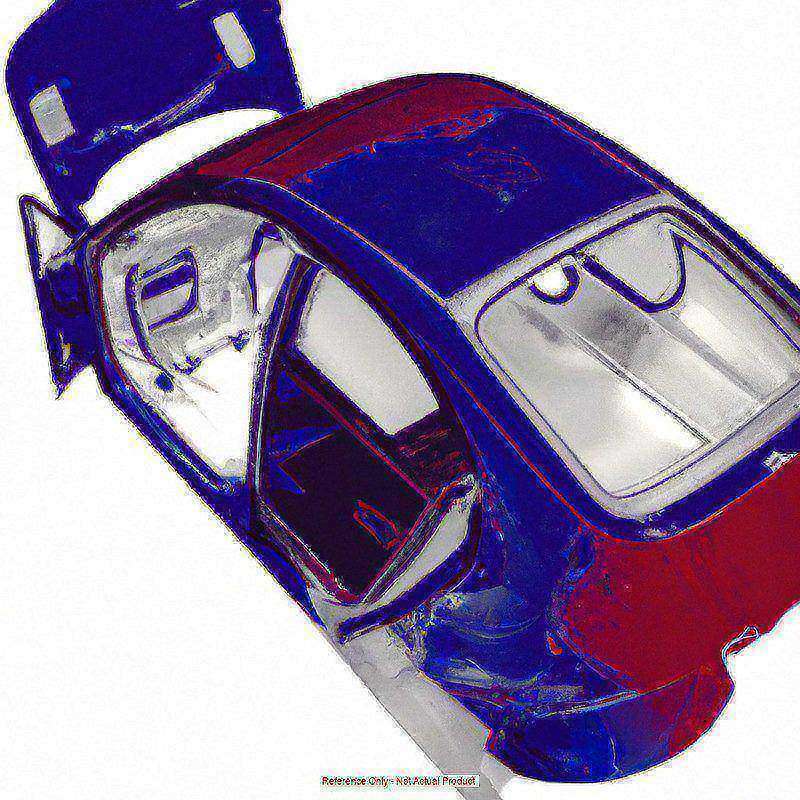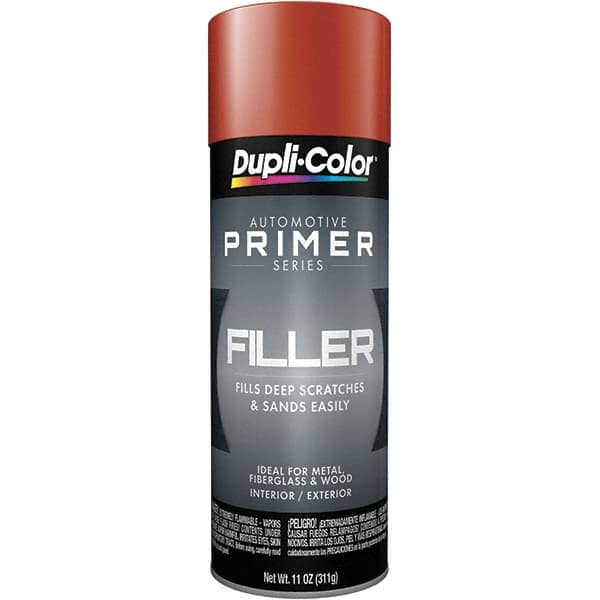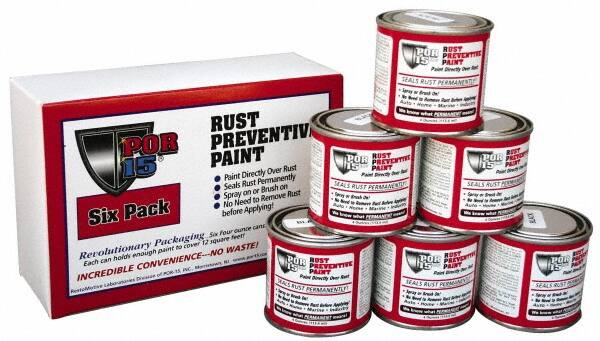Optimize Your Ride: Understand the Power of Automotive Maintenance Liquids
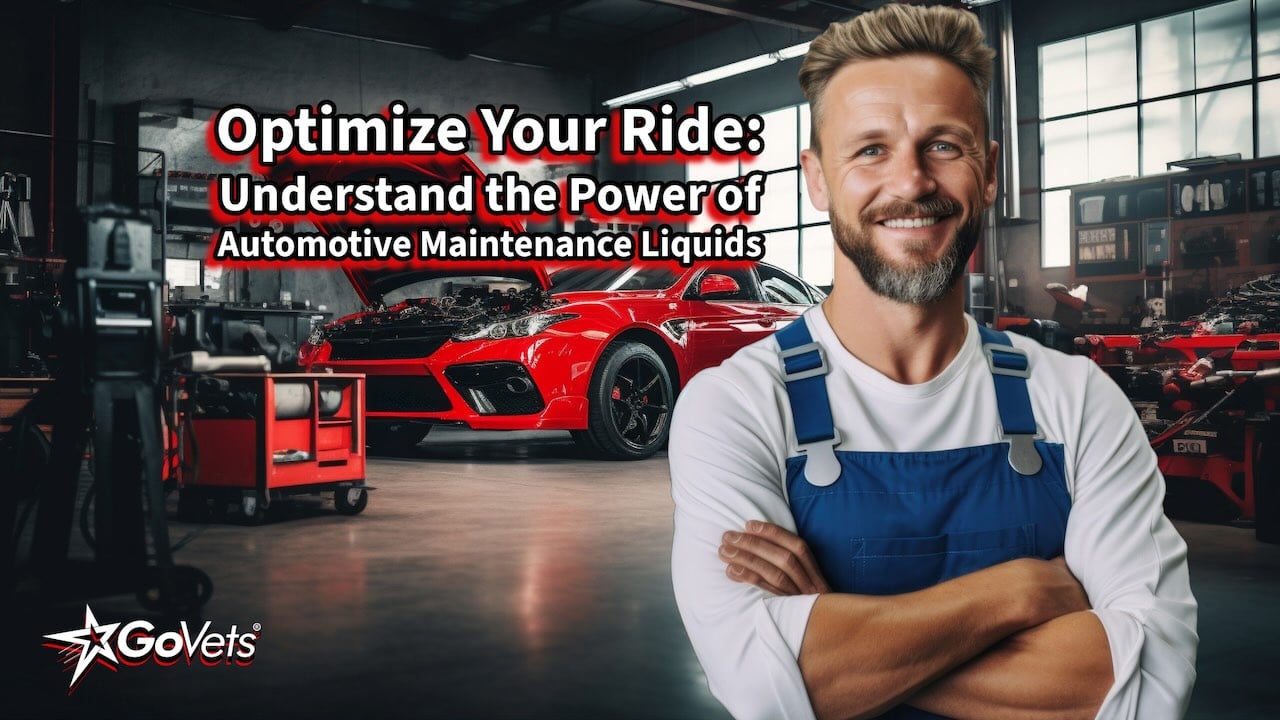
Overview
Are you ready to dive into the world of automotive maintenance? From adhesives to lubricants, paints to leak detection tools, this guide has you covered. Whether you're a seasoned mechanic or a DIY enthusiast, understanding the ins and outs of automotive chemicals and fluids is crucial for keeping your vehicle running smoothly and safely. Join us as we explore the essential products every car owner needs to know about, along with expert safety tips and product recommendations to help you tackle any maintenance task with confidence.
Table of Contents:
- Explore Automotive Adhesives & Sealants
- Explore Automotive Penetrants & Lubricants
- Explore Automotive Lubricants
- Explore Oil & Oil Change Equipment
- Explore Automotive Leak Detection Tools
- Explore Pressure, Cooling & Fuel System Test Kits
- Explore Automotive Chemicals
- Explore Automotive Chemicals & Fluids
- Explore Automotive Paints and Coatings
- Explore Automotive Primer, Paints & Coatings
1. Explore Automotive Adhesives & Sealants
Automotive adhesives and sealants are essential for bonding and sealing various components in your vehicle, from trim panels to weatherstripping. These products offer high-strength bonding and durable sealing properties, ensuring long-lasting performance and protection against moisture and corrosion.
Top 5 Safety Risks:
- Skin irritation or burns from contact with adhesive chemicals.
- Inhalation of fumes, leading to respiratory issues.
- Eye irritation or damage if exposed to adhesive splashes.
- Fire hazard due to flammable properties of some adhesives.
- Allergic reactions or sensitization to adhesive components.
Top 5 Safety Considerations:
- Use in a well-ventilated area to minimize inhalation of fumes.
- Wear gloves, safety goggles, and a mask to protect skin, eyes, and respiratory system.
- Avoid direct contact with skin and eyes; wash thoroughly if exposed.
- Store adhesives in a cool, dry place away from heat sources and open flames.
- Follow manufacturer's instructions for proper application and curing times.
Top FAQs about Safety:
- How can I remove adhesive residue from my skin?
- You can use adhesive removers or household products like rubbing alcohol or oil to gently dissolve and remove adhesive residue from your skin.
- Are automotive adhesives safe to use indoors?
- Yes, but it's essential to ensure proper ventilation to minimize inhalation of fumes.
- Can I paint over cured adhesive?
- Yes, most automotive adhesives are paintable once cured. However, it's advisable to test compatibility with the paint beforehand.
- What should I do if I accidentally ingest adhesive?
- Seek medical attention immediately and avoid inducing vomiting. Do not attempt to drink water or other fluids unless instructed by a medical professional.
- Are there non-toxic alternatives to traditional adhesives?
- Yes, there are environmentally friendly and non-toxic adhesive options available, such as water-based adhesives or natural adhesives derived from plant sources.
Product Recommendations:
2. Explore Automotive Penetrants & Lubricants
Automotive penetrants and lubricants are essential for loosening rusted or seized components and providing long-lasting lubrication for moving parts. From penetrating oils to silicone sprays, these products offer superior lubrication and corrosion protection, making maintenance tasks easier and more efficient.
Top 5 Safety Risks:
- Skin irritation or burns from contact with chemical components.
- Inhalation of fumes, leading to respiratory issues.
- Eye irritation or damage if exposed to chemical splashes.
- Fire hazard due to flammable properties of some penetrants.
- Toxicity if ingested or absorbed through the skin.
Top 5 Safety Considerations:
- Use in a well-ventilated area to minimize inhalation of fumes.
- Wear gloves, safety goggles, and a mask to protect skin, eyes, and respiratory system.
- Avoid direct contact with skin and eyes; wash thoroughly if exposed.
- Store penetrants and lubricants in their original containers in a cool, dry place away from heat sources.
- Dispose of used products properly according to local regulations.
Top FAQs about Safety:
- How do automotive penetrants work to loosen rusted or seized components?
- Penetrants contain special chemicals that break down rust and corrosion, allowing seized parts to be loosened and removed.
- Can automotive lubricants be used as a substitute for penetrating oils?
- While lubricants offer some penetrating properties, they may not be as effective as dedicated penetrating oils for rusted or seized components.
- Are there any health risks associated with long-term exposure to lubricant fumes?
- Prolonged exposure to lubricant fumes may cause respiratory irritation or other health issues. It's essential to use in a well-ventilated area and wear appropriate safety gear.
- What safety precautions should I take when using penetrating oils in tight spaces?
- It's crucial to use caution to avoid contact with skin or eyes and ensure proper ventilation to minimize inhalation of fumes.
- Can automotive lubricants be used on plastic or rubber components?
- Some lubricants may degrade certain types of plastic or rubber materials, so it's essential to check compatibility before use.
Product Recommendations:
3. Explore Automotive Lubricants
Automotive lubricants are essential for reducing friction, heat, and wear in your vehicle's various systems, including the engine, transmission, and steering components. From motor oil to grease, these products offer superior lubrication and protection, ensuring smooth operation and longevity.
Top 5 Safety Risks:
- Skin irritation or burns from contact with lubricant chemicals.
- Inhalation of fumes, leading to respiratory issues.
- Eye irritation or damage if exposed to lubricant splashes.
- Fire hazard due to flammable properties of some lubricants.
- Toxicity if ingested or absorbed through the skin.
Top 5 Safety Considerations:
- Use in a well-ventilated area to minimize inhalation of fumes.
- Wear gloves, safety goggles, and a mask to protect skin, eyes, and respiratory system.
- Avoid direct contact with skin and eyes; wash thoroughly if exposed.
- Store lubricants in their original containers in a cool, dry place away from heat sources.
- Dispose of used lubricants properly according to local regulations.
Top FAQs about Safety:
- How often should I lubricate my vehicle's moving parts?
- It's recommended to lubricate your vehicle's moving parts according to the manufacturer's recommended maintenance schedule, typically during routine maintenance intervals.
- Can automotive lubricants be used on other types of machinery or equipment?
- Some automotive lubricants may have alternative uses, but it's essential to check compatibility and safety precautions before using them for non-automotive purposes.
- What's the difference between grease and oil lubricants?
- Grease is a semi-solid lubricant typically used for heavy-duty applications or components that require long-lasting lubrication, while oil is a liquid lubricant used for lighter-duty applications or components that require frequent lubrication.
- Are synthetic lubricants better than conventional lubricants?
- Synthetic lubricants offer superior performance and protection compared to conventional lubricants, but they may be more expensive.
- Can automotive lubricants be used in extreme temperatures or conditions?
- Yes, many automotive lubricants are formulated to perform well in a wide range of temperatures and conditions, but it's essential to check the manufacturer's specifications for specific recommendations.
Product Recommendations:
4. Explore Oil & Oil Change Equipment
Motor oil is the lifeblood of your vehicle's engine, providing lubrication and cooling for optimal performance. Oil change equipment, such as oil filters and drain pans, is essential for maintaining clean oil and prolonging engine life.
Top 5 Safety Risks:
- Skin irritation or burns from contact with oil or hot engine components.
- Inhalation of oil vapors, leading to respiratory issues.
- Eye irritation or damage if exposed to oil splashes.
- Burns from hot oil or engine surfaces during oil changes.
- Slips and falls due to spilled oil or slippery surfaces.
Top 5 Safety Considerations:
- Allow the engine to cool before performing an oil change to avoid burns.
- Wear gloves, safety goggles, and protective clothing to minimize exposure to oil and hot surfaces.
- Use a sturdy jack and jack stands to safely elevate the vehicle during an oil change.
- Dispose of used oil and filters properly according to local regulations.
- Keep the work area clean and free of clutter to prevent slips and falls.
Top FAQs about Safety:
- How often should I change my vehicle's oil?
- It's recommended to change your vehicle's oil according to the manufacturer's recommended maintenance schedule, typically every 5,000 to 10,000 miles.
- Can I reuse old motor oil after filtering it?
- While it's possible to filter and reuse old motor oil, it's not recommended due to potential contamination and reduced effectiveness.
- What type of oil filter is best for my vehicle?
- Consult your vehicle's owner's manual or a trusted mechanic to determine the correct type and size of oil filter for your specific vehicle.
- Are synthetic oils better than conventional oils?
- Synthetic oils offer superior performance and protection compared to conventional oils, but they may be more expensive.
- Can I change my vehicle's oil without lifting the car?
- Yes, you can perform an oil change without lifting the car by using ramps or performing the change from underneath the vehicle.
Product Recommendations:
5. Explore Automotive Leak Detection Tools
Automotive leak detection tools are essential for identifying and repairing leaks in various systems, including the engine, cooling system, and air conditioning system. From UV dyes to smoke machines, these tools offer precise and efficient leak detection, saving time and money on repairs.
Top 5 Safety Risks:
- Inhalation of smoke or vapor from leak detection tools.
- Skin irritation or burns from contact with chemical components.
- Eye irritation or damage if exposed to dye or smoke.
- Fire hazard due to flammable properties of some leak detection fluids.
- Toxicity if ingested or absorbed through the skin.
Top 5 Safety Considerations:
- Use leak detection tools in a well-ventilated area to minimize inhalation of smoke or vapor.
- Wear gloves, safety goggles, and a mask to protect skin, eyes, and respiratory system.
- Avoid direct contact with skin and eyes; wash thoroughly if exposed to dye or smoke.
- Store leak detection fluids in their original containers in a cool, dry place away from heat sources.
- Dispose of used fluids properly according to local regulations.
Top FAQs about Safety:
- How do automotive leak detection tools work?
- Leak detection tools use various methods, such as UV dye, smoke, or pressure testing, to identify leaks in vehicle systems.
- Can leak detection tools be used on all vehicle makes and models?
- Yes, most leak detection tools are compatible with a wide range of vehicle makes and models, but it's essential to check compatibility before use.
- Are automotive leak detection fluids harmful to the environment?
- Some leak detection fluids contain chemicals that may be harmful to the environment, so it's essential to use and dispose of them properly.
- Can leak detection tools detect refrigerant leaks in air conditioning systems?
- Yes, specialized leak detection tools are available for detecting refrigerant leaks in automotive air conditioning systems.
- Are there any health risks associated with long-term exposure to leak detection fluids?
- Prolonged exposure to leak detection fluids may cause respiratory irritation or other health issues. It's essential to use in a well-ventilated area and wear appropriate safety gear.
Product Recommendations:
6. Explore Pressure, Cooling & Fuel System Test Kits
Pressure, cooling, and fuel system test kits are essential for diagnosing and troubleshooting issues in your vehicle's various systems, including the cooling system, fuel system, and engine compression. These kits offer precise and reliable testing capabilities, allowing you to identify and repair problems quickly and accurately.
Top 5 Safety Risks:
- Inhalation of fumes from test fluids or fuel vapors.
- Skin irritation or burns from contact with test fluids.
- Eye irritation or damage if exposed to test fluid splashes.
- Fire hazard due to flammable properties of some test fluids.
- Toxicity if ingested or absorbed through the skin.
Top 5 Safety Considerations:
- Use test kits in a well-ventilated area to minimize inhalation of fumes.
- Wear gloves, safety goggles, and a mask to protect skin, eyes, and respiratory system.
- Avoid direct contact with skin and eyes; wash thoroughly if exposed.
- Store test kits and fluids in their original containers in a cool, dry place away from heat sources.
- Dispose of used test fluids properly according to local regulations.
Top FAQs about Safety:
- What types of tests can be performed with pressure, cooling, and fuel system test kits?
- These test kits can perform various diagnostic tests, including pressure testing, coolant system pressure testing, and fuel system pressure testing.
- Are there any health risks associated with exposure to test fluids or fuel vapors?
- Prolonged exposure to test fluids or fuel vapors may cause respiratory irritation or other health issues. It's essential to use in a well-ventilated area and wear appropriate safety gear.
- Can test kits be used on all vehicle makes and models?
- While most test kits are compatible with a wide range of vehicles, it's essential to check compatibility before use.
- What safety precautions should I take when using test kits near hot engine components?
- It's crucial to allow the engine to cool before performing tests and use caution to avoid contact with hot surfaces.
- Can test kits detect leaks in air conditioning systems?
- Yes, some test kits include components for detecting leaks in automotive air conditioning systems.
Product Recommendations:
7. Explore Automotive Chemicals
Automotive chemicals are essential for maintaining the cleanliness and functionality of your vehicle's various systems, including the engine, fuel system, and interior surfaces. From degreasers to fuel additives, these products offer effective cleaning, protection, and performance enhancement properties.
Top 5 Safety Risks:
- Inhalation of fumes from chemical cleaners or additives.
- Skin irritation or burns from contact with chemical components.
- Eye irritation or damage if exposed to chemical splashes.
- Fire hazard due to flammable properties of some chemicals.
- Toxicity if ingested or absorbed through the skin.
Top 5 Safety Considerations:
- Use in a well-ventilated area to minimize inhalation of fumes.
- Wear gloves, safety goggles, and a mask to protect skin, eyes, and respiratory system.
- Avoid direct contact with skin and eyes; wash thoroughly if exposed.
- Store chemicals in their original containers in a cool, dry place away from heat sources.
- Dispose of used chemicals properly according to local regulations.
Top FAQs about Safety:
- How do automotive degreasers work to remove grease and grime?
- Degreasers contain special chemicals that break down and dissolve grease and grime, making them easier to remove.
- Are there any health risks associated with long-term exposure to cleaning chemicals?
- Prolonged exposure to cleaning chemicals may cause respiratory irritation or other health issues. It's essential to use in a well-ventilated area and wear appropriate safety gear.
- Can automotive chemicals be used on other surfaces, such as household appliances?
- Some automotive chemicals may have alternative uses, but it's essential to check compatibility and safety precautions before using them for non-automotive purposes.
- What safety precautions should I take when using chemical cleaners near hot engine components?
- It's crucial to allow the engine to cool before using chemical cleaners and use caution to avoid contact with hot surfaces.
- Can automotive chemicals be mixed with other types or brands?
- It's best to use the specific type and brand of chemical recommended by the manufacturer to ensure compatibility and optimal performance.
Product Recommendations:
8. Explore Automotive Chemicals & Fluids
Automotive chemicals and fluids play a vital role in maintaining the performance and longevity of your vehicle's various systems, including the engine, transmission, brakes, and cooling system. From motor oil to brake fluid, these products are essential for proper lubrication, cleaning, and protection against corrosion and wear.
Top 5 Safety Risks:
- Skin irritation or burns from contact with chemical components.
- Inhalation of fumes, leading to respiratory issues.
- Eye irritation or damage if exposed to chemical splashes.
- Fire hazard due to flammable properties of some fluids.
- Toxicity if ingested or absorbed through the skin.
Top 5 Safety Considerations:
- Handle chemicals and fluids with care to avoid spills and splashes.
- Wear gloves, safety goggles, and a mask to protect skin, eyes, and respiratory system.
- Use in a well-ventilated area to minimize inhalation of fumes.
- Store chemicals and fluids in their original containers in a cool, dry place away from heat sources.
- Dispose of used fluids properly according to local regulations.
Top FAQs about Safety:
- How often should I check my vehicle's fluid levels?
- It's recommended to check your vehicle's fluid levels regularly, typically during routine maintenance intervals or before long trips.
- Can automotive fluids be mixed with other types or brands?
- It's best to use the specific type and brand of fluid recommended by your vehicle manufacturer to ensure compatibility and optimal performance.
- What should I do if I accidentally ingest automotive fluid?
- Seek medical attention immediately and avoid inducing vomiting. Do not attempt to drink water or other fluids unless instructed by a medical professional.
- Are there any special precautions when handling brake fluid?
- Yes, brake fluid is corrosive and can cause skin irritation or damage. It's essential to wear gloves and avoid contact with skin or eyes.
- Can automotive fluids be used in other applications, such as household maintenance?
- Some automotive fluids may have alternative uses, but it's essential to check compatibility and safety precautions before using them for non-automotive purposes.
Product Recommendations:
9. Explore Automotive Paints and Coatings
Automotive paints and coatings are essential for protecting and enhancing the appearance of your vehicle's exterior surfaces. From touch-up paints to clear coats, these products offer durable protection against rust, UV damage, and environmental hazards, ensuring a long-lasting and showroom-quality finish.
Top 5 Safety Risks:
- Skin irritation or burns from contact with paint chemicals.
- Inhalation of fumes, leading to respiratory issues.
- Eye irritation or damage if exposed to paint splashes.
- Fire hazard due to flammable properties of some paints.
- Toxicity if ingested or absorbed through the skin.
Top 5 Safety Considerations:
- Use in a well-ventilated area to minimize inhalation of fumes.
- Wear gloves, safety goggles, and a mask to protect skin, eyes, and respiratory system.
- Avoid direct contact with skin and eyes; wash thoroughly if exposed.
- Store paints and coatings in their original containers in a cool, dry place away from heat sources.
- Dispose of used paint materials properly according to local regulations.
Top FAQs about Safety:
- How should automotive paints be stored to maintain their shelf life?
- Automotive paints should be stored in their original containers in a cool, dry place away from heat sources and direct sunlight.
- Can automotive paints be used for touch-up repairs?
- Yes, automotive paints can be used for touch-up repairs to minor scratches or blemishes on your vehicle's exterior surfaces.
- What safety equipment is recommended when painting a vehicle?
- It's essential to wear gloves, safety goggles, and a mask to protect skin, eyes, and respiratory system from paint fumes and overspray.
- Can automotive paints be used for artistic projects or crafts?
- Yes, automotive paints can be used for artistic projects or crafts, but it's essential to use them in a well-ventilated area and follow safety precautions.
- How do I safely dispose of leftover paint materials?
- Leftover paint materials should be disposed of properly according to local regulations, typically at a hazardous waste collection facility.
Product Recommendations:
10. Explore Automotive Primer, Paints & Coatings
Automotive primer, paints, and coatings are essential for protecting and beautifying your vehicle's exterior surfaces. These products offer corrosion resistance, UV protection, and color enhancement, ensuring a durable and aesthetically pleasing finish.
Top 5 Safety Risks:
- Skin irritation or burns from contact with paint chemicals.
- Inhalation of fumes, leading to respiratory issues.
- Eye irritation or damage if exposed to paint splashes.
- Fire hazard due to flammable properties of some paints.
- Toxicity if ingested or absorbed through the skin.
Top 5 Safety Considerations:
- Use in a well-ventilated area to minimize inhalation of fumes.
- Wear gloves, safety goggles, and a mask to protect skin, eyes, and respiratory system.
- Avoid direct contact with skin and eyes; wash thoroughly if exposed.
- Store paints and coatings in their original containers in a cool, dry place away from heat sources.
- Dispose of used paint materials properly according to local regulations.
Top FAQs about Safety:
- Can automotive paints be applied with a brush or roller?
- Yes, automotive paints can be applied using various methods, including brushes, rollers, or spray guns, depending on the desired finish.
- Are there any health risks associated with long-term exposure to paint fumes?
- Prolonged exposure to paint fumes may cause respiratory irritation or other health issues. It's essential to use in a well-ventilated area and wear appropriate safety gear.
- How do I choose the right paint color for my vehicle?
- You can consult your vehicle's manufacturer or use color matching tools to find the perfect paint match for your vehicle.
- Can automotive coatings be used to protect other surfaces, such as metal or plastic?
- Yes, automotive coatings offer durable protection for various surfaces, including metal, plastic, and fiberglass.
- What safety precautions should I take when using spray paint?
- It's crucial to use spray paint in a well-ventilated area and wear a mask to avoid inhaling fumes. Additionally, take precautions to protect skin and eyes from paint splashes.
Product Recommendations:
Conclusion:
Congratulations! You've now unlocked the secrets of automotive maintenance and are equipped with the knowledge and tools to tackle any maintenance task with confidence. Remember to prioritize safety at all times and follow manufacturer's instructions for optimal results. Whether you're performing routine maintenance or tackling a major repair, these essential products are sure to keep your vehicle running smoothly and looking its best. Happy wrenching!



